The ISIS-K attack on the Crocus Theater in Russia shows that IS affiliates are gradually emerging with ambitions to spread their tentacles around the world.
In April 2019, the leader of the self-proclaimed Islamic State (IS) militant group, Abu Bakr al-Baghdadi, posted a video message to his followers in remote areas. Al-Baghdadi admitted that the "self-proclaimed caliphate" in the Middle East had been destroyed and that the "revenge campaign" in the world now depended on local extremist groups affiliated with IS.
"Our battle now is a long, drawn-out struggle of attrition," al-Baghdadi said in a video released shortly after the fall of IS's last stronghold in Syria. "They should know that jihad will continue until the Day of Judgment."
In October of the same year, al-Baghdadi was killed in a raid by US special forces in Syria, but a series of the organization's branches still exist and are rising in many regions, as the world continuously witnesses the outbreak of conflicts, which are considered favorable environments for extremism to thrive.
IS-Khorasan (ISIS-K), the IS affiliate in Afghanistan, claimed responsibility for the attack. It is considered the most violent of all extremist groups in the country, which straddles Central and South Asia. ISIS-K was founded in 2015, when IS was still active in Iraq and Syria.
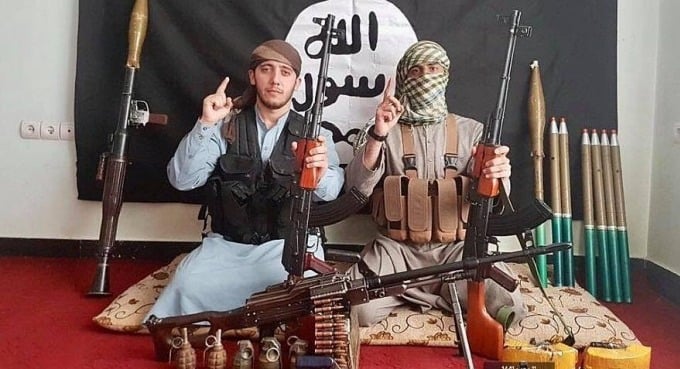
ISIS-K members in a video posted by the group in September 2020. Photo: Wilson Center
After the Taliban overthrew the Afghan government in 2021, ISIS-K took advantage of the chaos to increase its activities. During the withdrawal of US troops from Afghanistan, ISIS-K carried out a suicide bombing at Kabul International Airport in August 2021, killing 13 US soldiers and 170 civilians.
In January, ISIS-K claimed responsibility for a bombing that killed 84 people in Kerman, Iran, during a memorial service for General Qassem Soleimani, who was killed in a US drone strike in Iraq in 2020. IS propaganda often touts these bombings as evidence of the group’s resurgence.
Meanwhile, some of the IS affiliates in Africa have also grown stronger and better equipped. In West Africa and the Sahel region of North Africa, these extremist groups have repeatedly demonstrated their ability to control territory, repelling government forces when they tried to intervene. The IS affiliate in Mali has seized territory in two provinces of that country. Other IS affiliates in Africa have seized towns in Somalia and the Cabo Delgado region of Mozambique.
Even in Syria and Iraq, where thousands of IS fighters have been killed in a four-year campaign by a US-led military coalition, IS remains a potential threat, said Dana Stroul, deputy assistant secretary for Middle East affairs at the Pentagon.
“The recent resurgence is not something that happened overnight, but something ISIS-K has been planning for years,” said Amira Jadoon, a professor at Clemson University in South Carolina who often consults with the US government on counterterrorism issues.
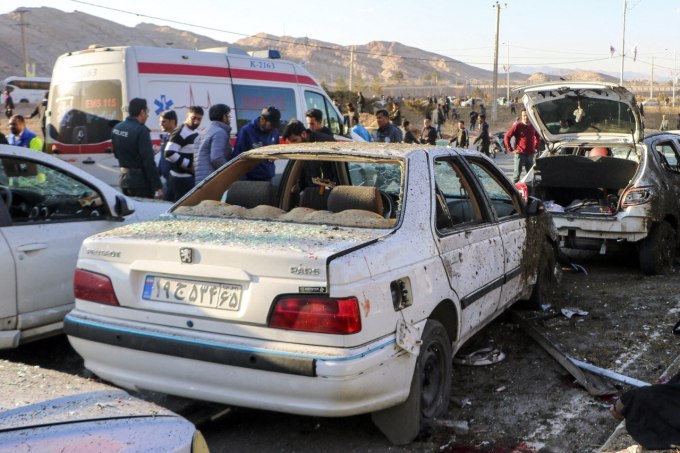
The scene of the double bombing in the city of Kerman, southeastern Iran during the memorial service for General Soleimani on January 3. Photo: AFP
Officials and counterterrorism experts warn that the world could see more tragedies like the one at Russia’s Crocus Theater. ISIS-K and other IS affiliates are quietly expanding in size and ambition as the world focuses on the war in Ukraine and the Gaza conflict.
Over the past 12 months, IS has claimed responsibility for more than 1,100 attacks, causing a total of nearly 5,000 casualties worldwide, according to figures from the terrorism monitoring project launched by the Washington Institute for Near East Policy (WINEP) last week.
ISIS-K also makes no secret of its territorial ambitions. In an article in ISIS-K's magazine, the group claims that "the Islamic territory has never been limited to Afghanistan, but is much wider, encompassing Africa, from East Turkestan in Kazakhstan to Tajikistan, Uzbekistan, Azerbaijan, extending to Chechnya and Dagestan, from Turkey to the Middle Eastern countries, Pakistan, India and beyond."
“The Taliban are the only force dealing with ISIS-K in Afghanistan, but they are struggling to run the country,” said Colin Clarke, a senior fellow at the New York-based Soufan Center. “The Taliban are a successful insurgency, but they seem to be less effective when dealing with other insurgents.”
Clark warned that ISIS-K posed a "significant threat" and that attacks carried out from the Middle East to Europe showed the group "still has the resources and the plotting capacity to execute".
"Unfortunately, we have to prepare ourselves for the possibility that there will be other terrorist plots," the official said.
Nhu Tam (According to Washington Post, Newsweek )
Source link




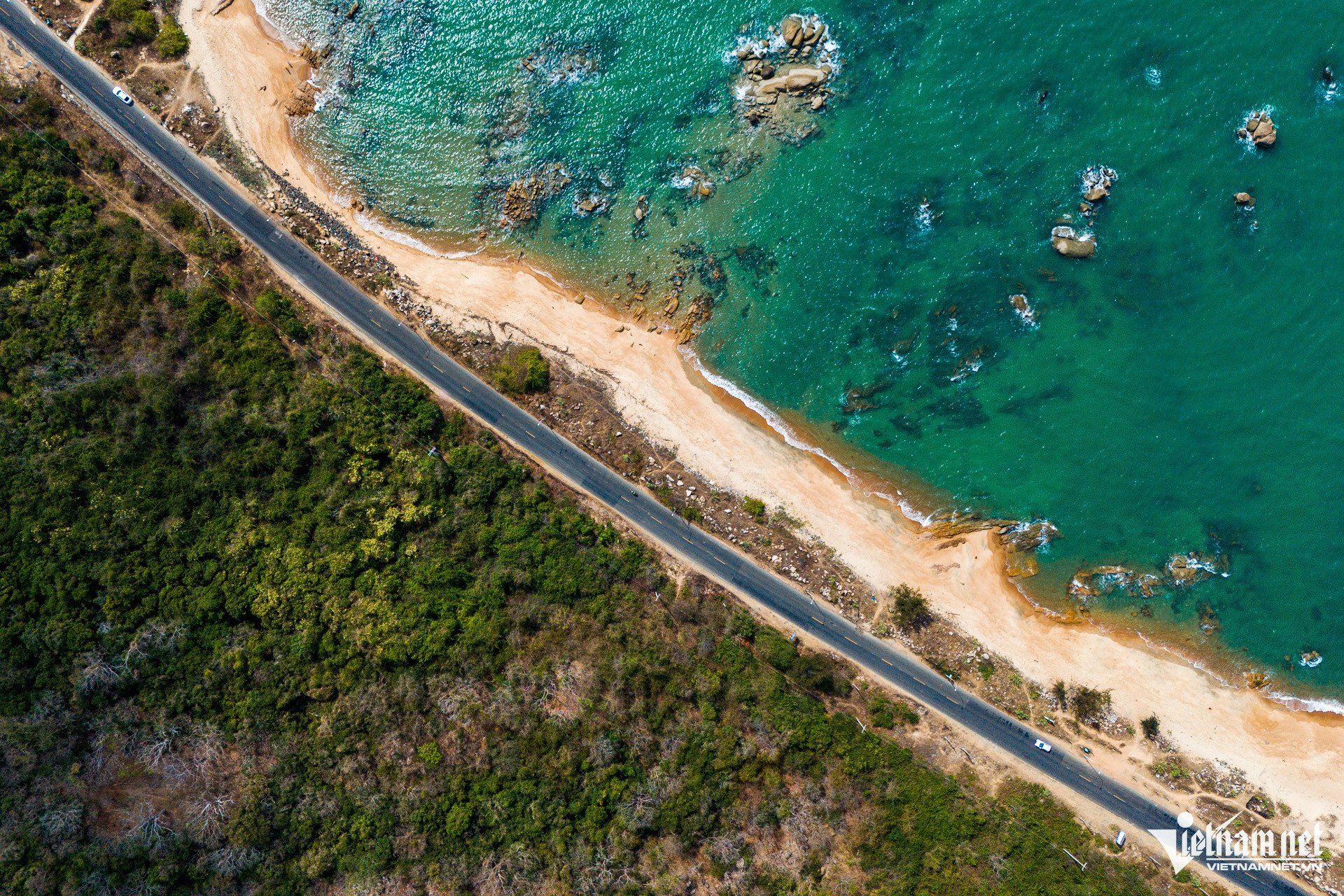
![[Photo] Close-up of Vietnam's sniffer dog team searching for earthquake victims in Myanmar](https://vstatic.vietnam.vn/vietnam/resource/IMAGE/2025/4/1/d4949a0510ba40af93a15359b5450df2)
![[Photo] Third meeting of the Organizing Subcommittee serving the 14th National Party Congress](https://vstatic.vietnam.vn/vietnam/resource/IMAGE/2025/4/2/3f342a185e714df58aad8c0fc08e4af2)
![[Photo] Relatives of victims of the earthquake in Myanmar were moved and grateful to the rescue team of the Vietnamese Ministry of National Defense.](https://vstatic.vietnam.vn/vietnam/resource/IMAGE/2025/4/2/aa6a37e9b59543dfb0ddc7f44162a7a7)
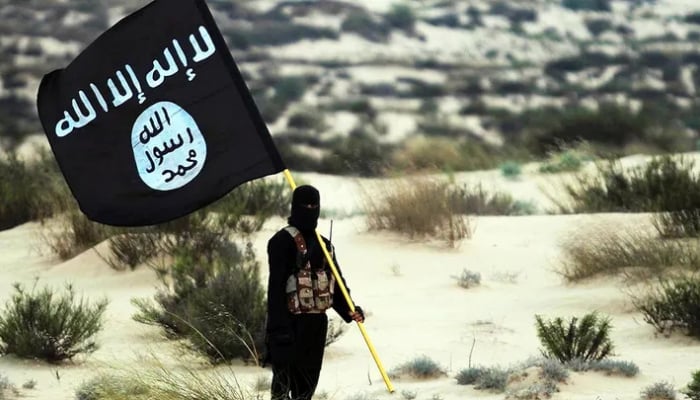

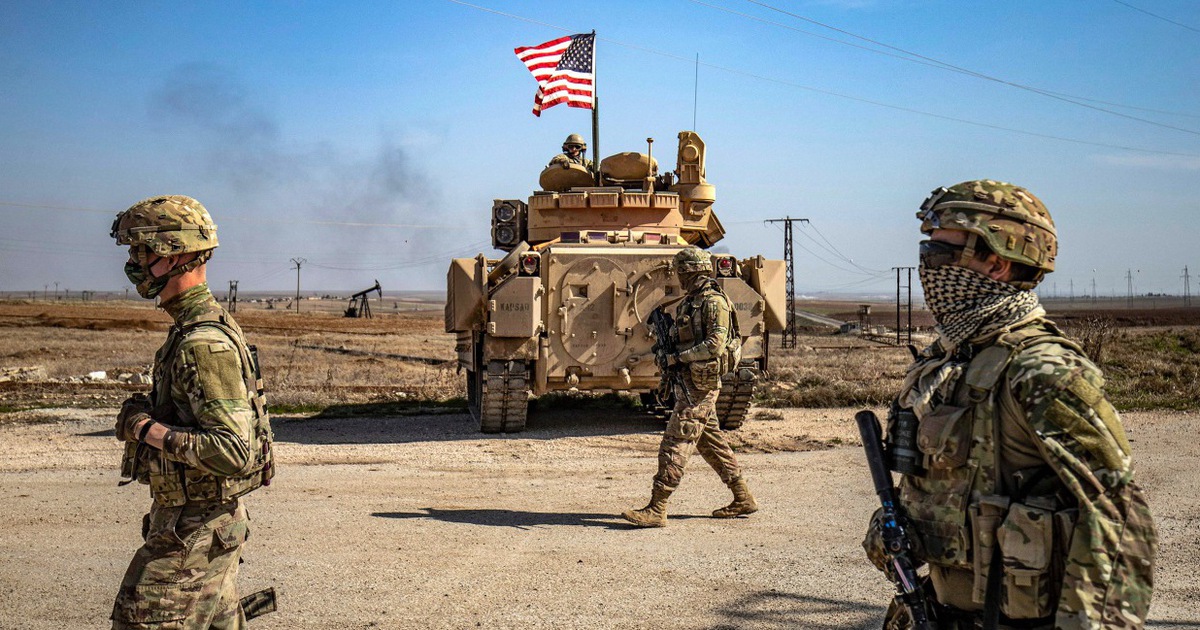

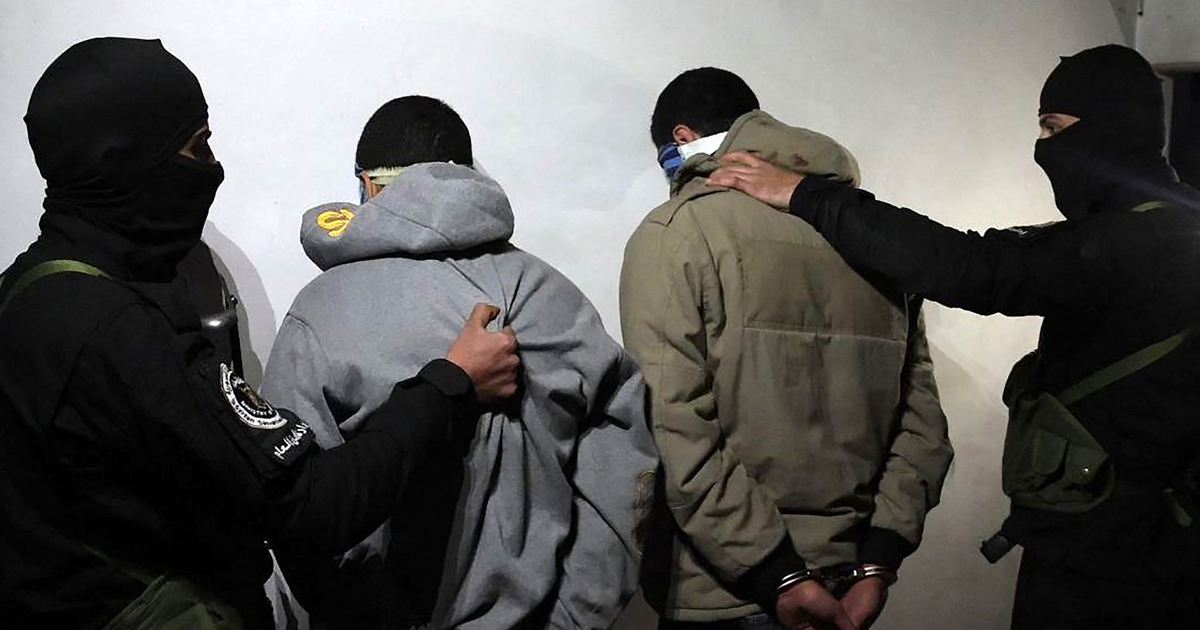
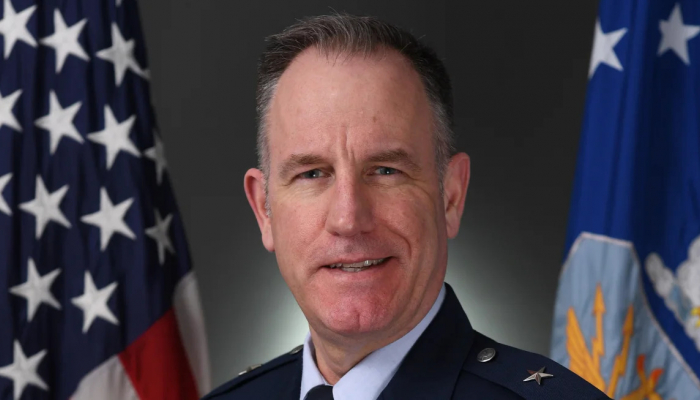
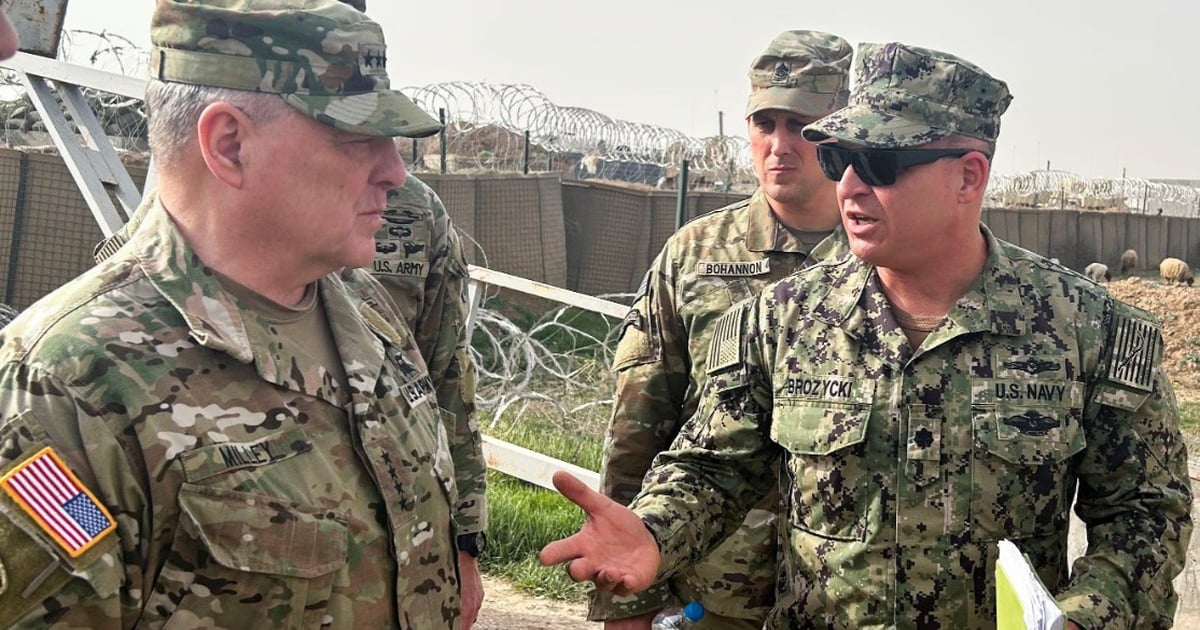
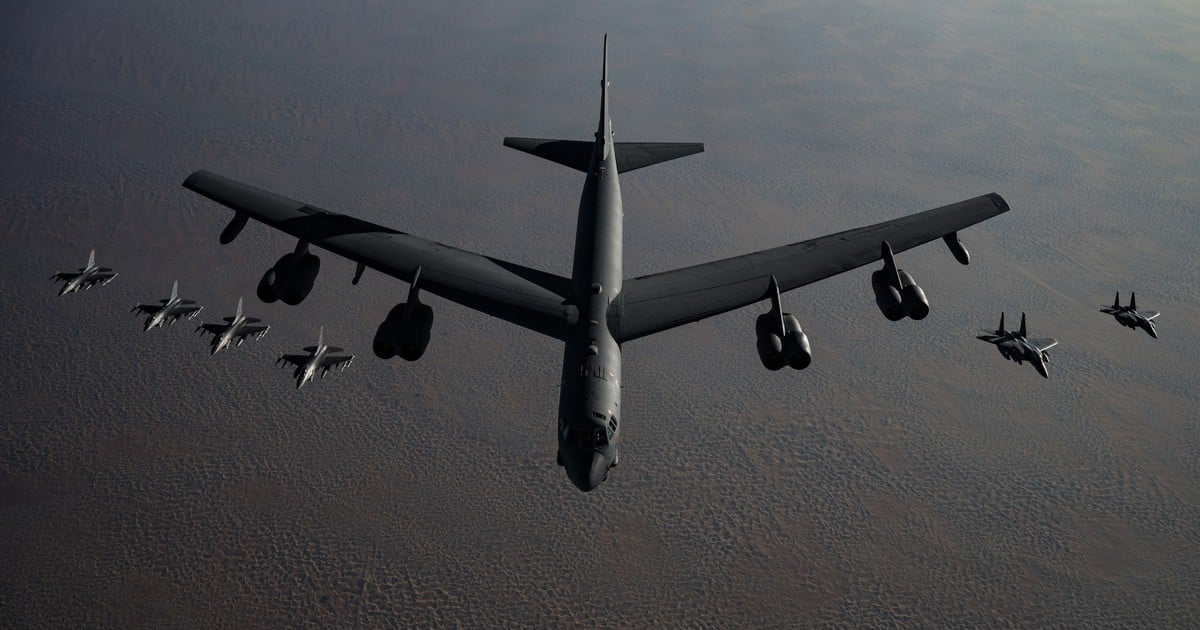
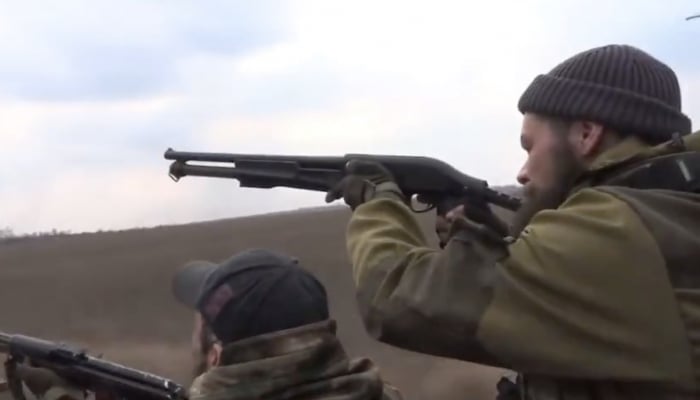

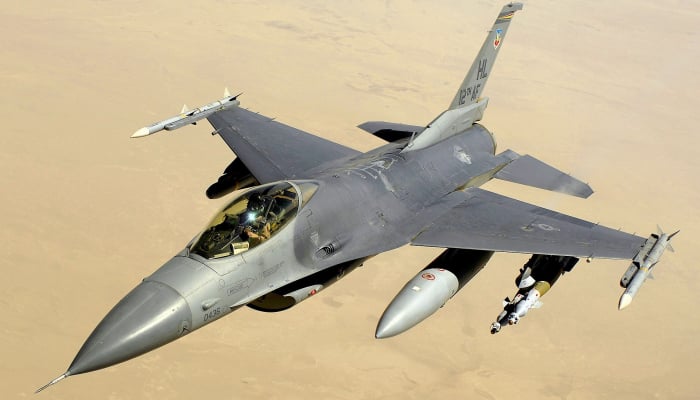
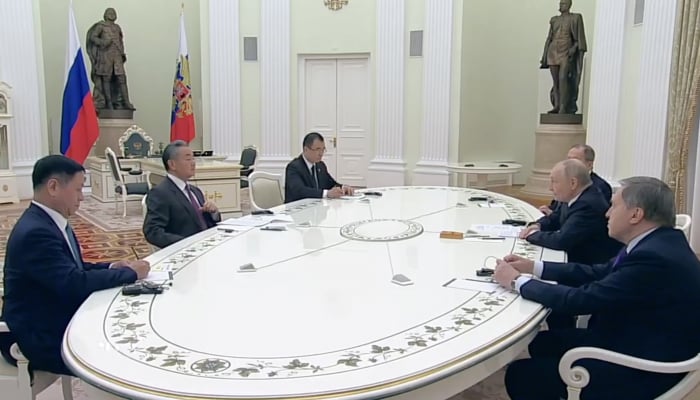














































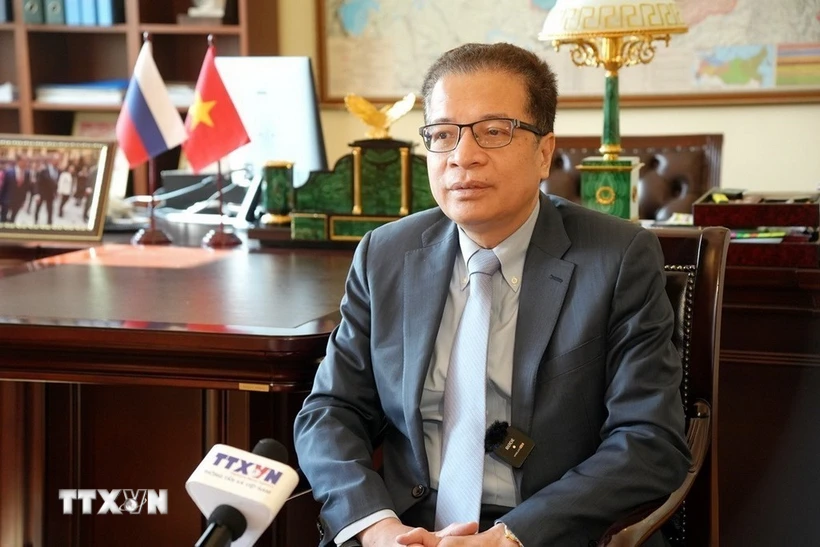
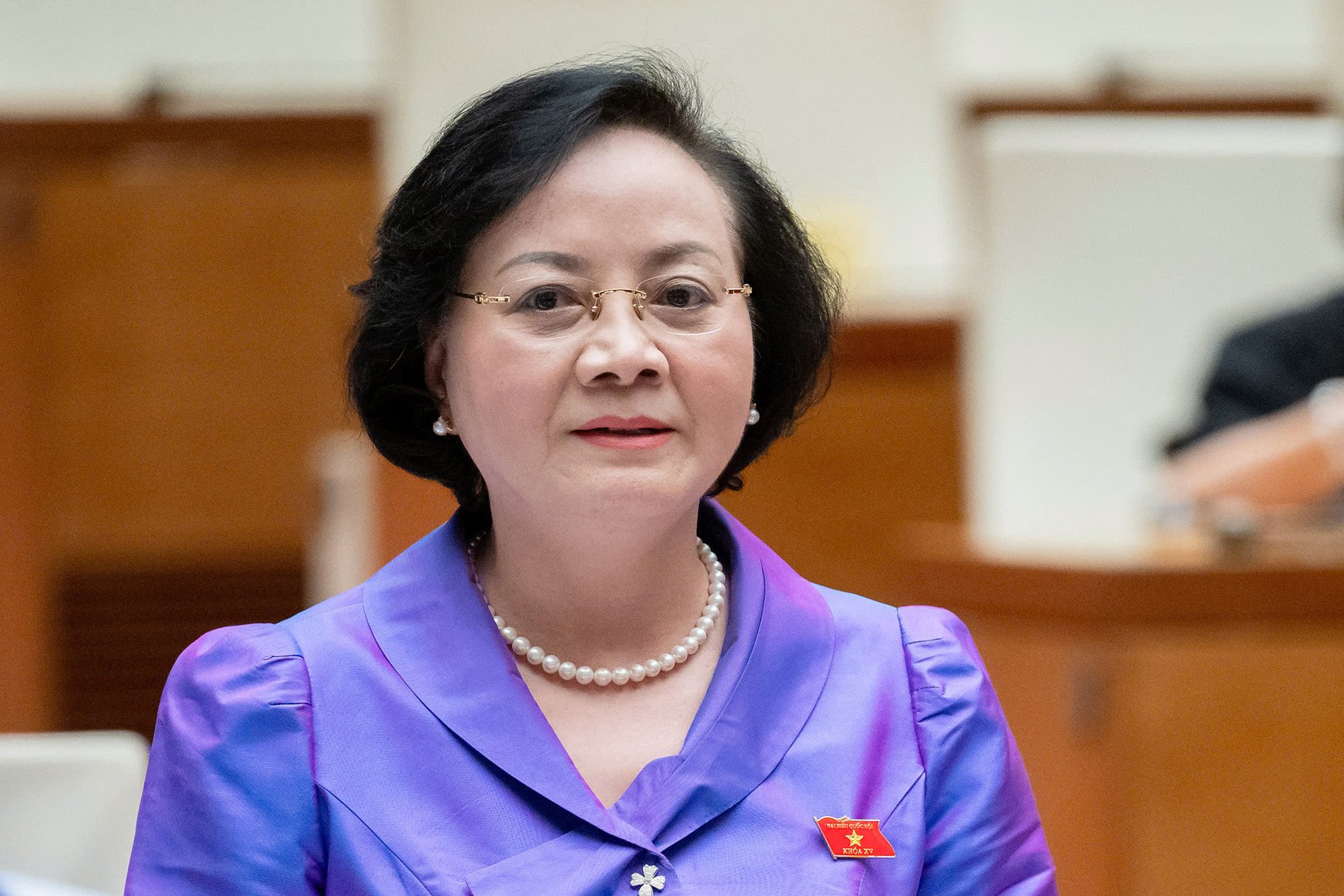

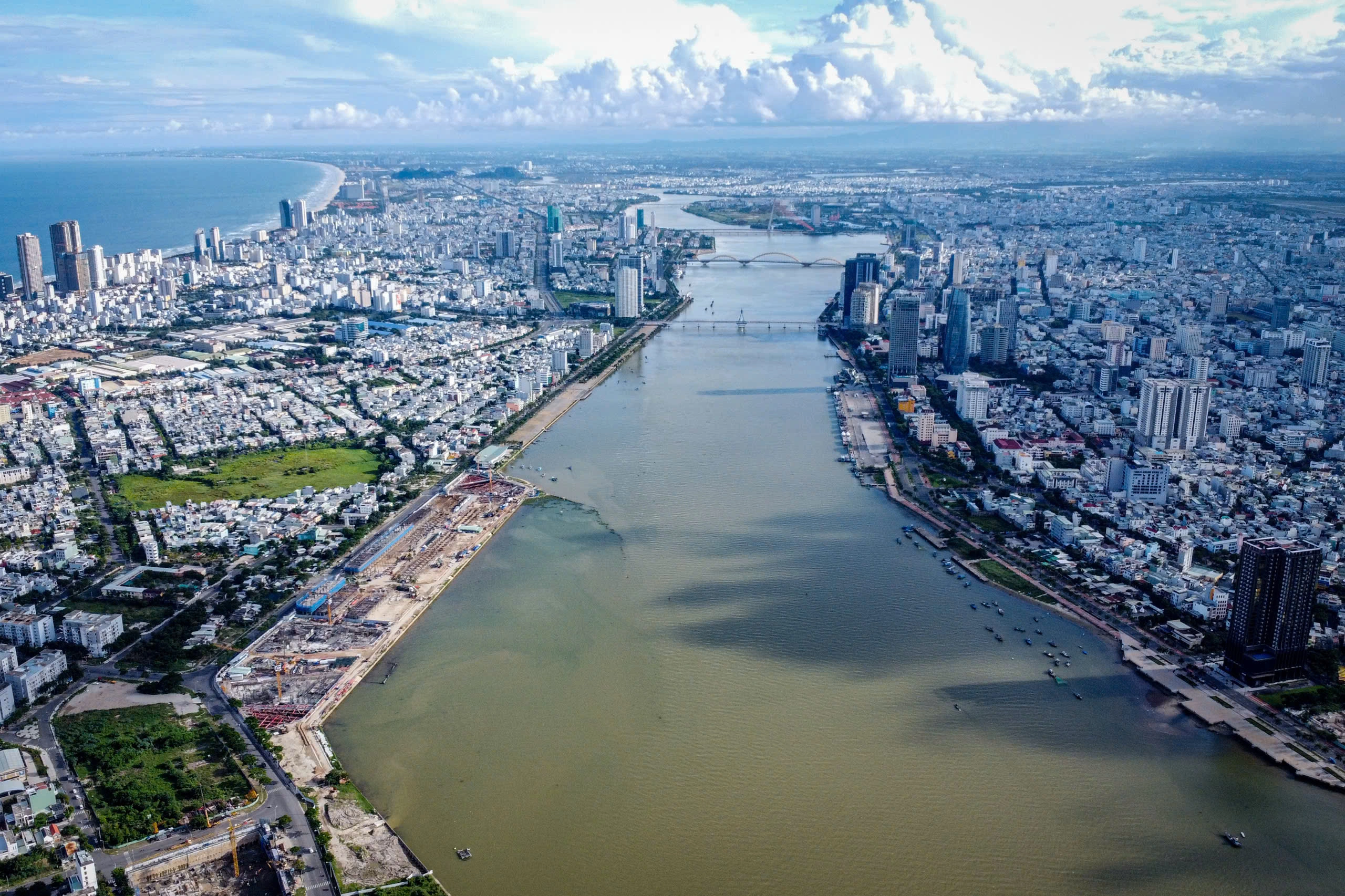






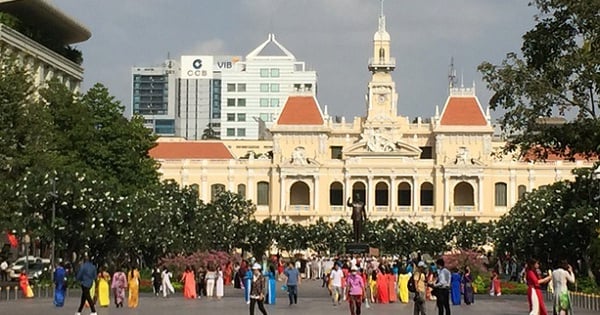
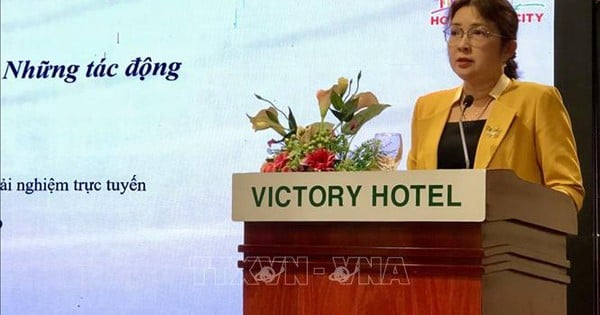






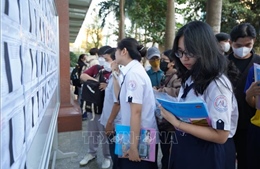

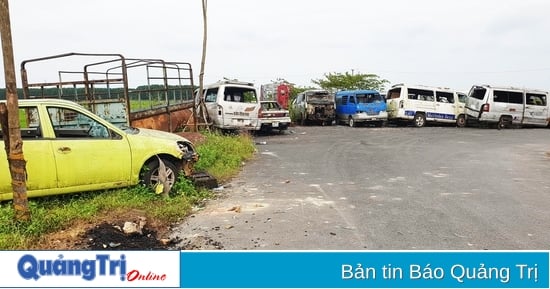












Comment (0)